Featured
Why the Indian Republic needs sports more than ever before?

Our republic is going through a crisis. The idea of India- a product of centuries of evolution that should not be subject to communal taxonomy- is being reduced to a monolith that divides, derides, and devalues the secular foundations of our nation. Insidious political manoeuvring, brazen agenda-driven policies, and the fomentation of a sectarian, supremacist culture are tarnishing the essential values of liberty, equality, and fraternity, whose enshrinement in the Constitution we celebrate annually on 26 January. As India contends with the hazardous fault-lines of representation under the present dispensation, the vehicles of civilisation that knit our social fabric together warrant greater attention. One such vehicle is the arena of sports, a platform which plays a significant part in fostering the bond of India, and one whose ethos requires more urgent application than ever before.
Sports as a civic religion
The paradigm of sports has always functioned as an intersection of political, economic, social, and cultural issues, and the insouciant labelling of sports as mere fun and entertainment cannot take away from this reality. From the days of gladiatorial combat in the Roman Colosseum to the elaborate dynamics of contemporary sports tournaments, the ramifications of sporting contests have habitually transcended the field, combining with other societal forces in the complicated formulation of the zeitgeist or the mood of a period of history. So how can sports help counter the toxic zeitgeist that the government in India is trying to manufacture today?
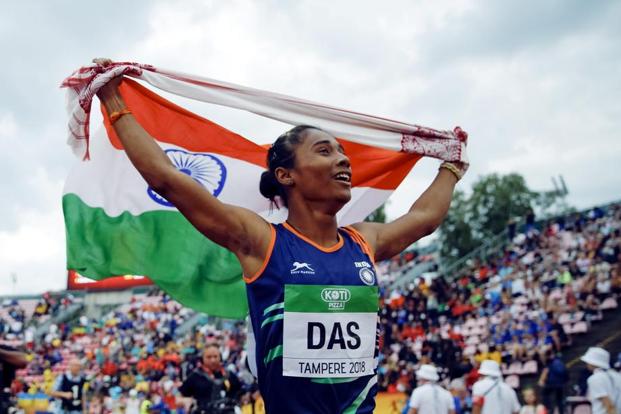
To begin with, sports stand for respect and tolerance. Two individuals or groups may be locked in intense competition, but they must maintain an atmosphere of forbearance, even in the heat of the confrontation. Considering the increasingly polarised nature of our democracy today and the blatant disregard for anything that challenges the majoritarian hegemony, it is imperative that we establish a tolerant ambience in our debates and discussions with those whose views we intend to contest or convert. Just like the instruments of the game (bat, ball, shuttle, racket, etc.) take precedence over the individuals in sports, the ideological face-offs that many of us find ourselves in should also be a showdown of ideas and not the personalities or identities from whom the ideas emanate.
Also read: How corporate support got India its first equestrian Olympian in 20 years
In the complex mesh of identities, sports also provide a simple refutation to those who regard the concepts of patriotism and jingoism as characteristically compatible. Wholehearted support for one’s favoured group may constitute a common criterion for both, but unlike jingoism, patriotic feelings do not morph into blind worship or devolve into base hatred for the opposition. Thus, I am justified in calling myself a patriot when I root for India at a World Cup, but I do not surrender my patriotism if I happen to admire other nations pitted against my country. However, I stop being patriotic and assume jingoistic tendencies when my appreciation of a Babar Azam (from Pakistan) and my veneration of a Virat Kohli become mutually exclusive.
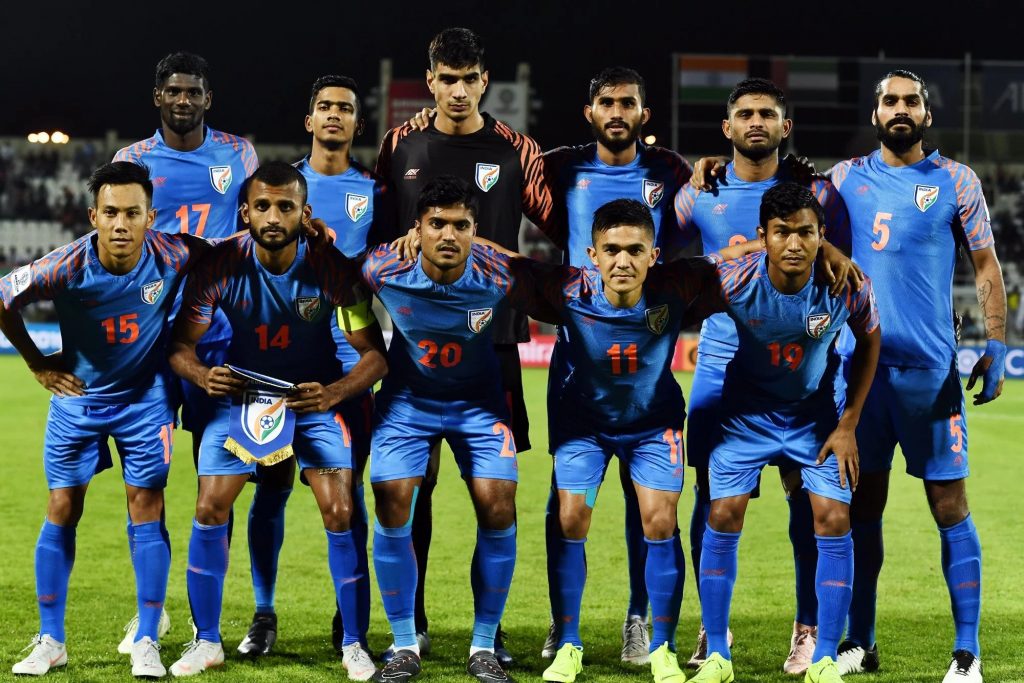
As a fan, I am entitled to criticise the All India Football Federation if I feel it is not doing its job of governing Indian football well enough. This same principle of dissent affords me the room- as a patriot- to denounce the Government of India should I suppose it is not doing its job of governing the nation competently and righteously. One of the cornerstones of sports is the valourisation of objectives and ideals, and it is to them, and not their facilitators, that sports fans owe their unquestioning allegiance.
The same holds true for a patriot in the context of a nation, whereas a jingoist invariably conflates nationhood and nationalists, republican virtues and governmental decisions.
The next crucial quality sports can help us imbibe in the present climate is the importance of persistence. When PV Sindhu won the BWF World Championships in 2019, she had to exorcise painful memories of two previous final defeats in 2017 and 2018. But, undeterred by past shortcomings, she channelled her inner resilience to defy the course of history and emerge triumphant. Sindhu’s persistence is a microcosmic reflection of the tenacity that is required by the protest movements of today, from Shaheen Bagh to Jamia Millia Islamia to every nook and corner of India that has stood up to top-down repression.
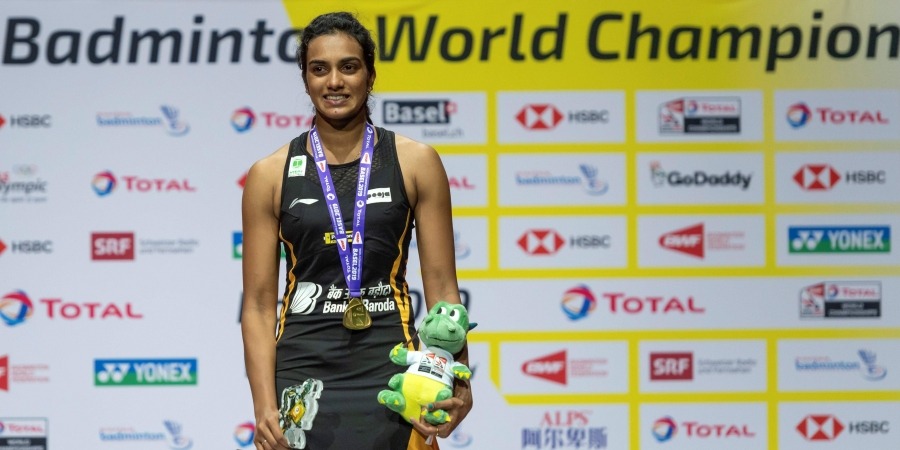
Of course, in many ways, the odds facing the protestors are far steeper and dangerous than those tackled by a master shuttler, but the temperament to prevail at all costs unifies both. Unlike any other walk of life, sports offer us a real-time, unfiltered exhibition of visceral resistance, hardship, and victory, and it is this exhibition (demonstrated by our compatriots with honesty and integrity) that India can derive inspiration from in its bid to expel the ghosts of the past and turn the tide of time.
Also read: Mind Matters | Why is mental health a crucial ingredient for athletes’ success?
The final component in the framework of sporting attributes that can rejuvenate our republic is cooperation and teamwork. The Indian kabaddi team that has claimed three consecutive world titles has been able to do so not by relying on the mercurial exploits of a single player, but by harnessing the potential of the collective. It is very easy for Indians today to remain embroiled in our personal miseries and choose to overlook the larger turmoil our country is witnessing. Many of us prefer to remain cocooned in our apolitical attires of non-committal behaviour, but when the situation becomes critically acute, the onus is on each and every one of us to remember that the whole is greater than the sum of its parts. As our great teams across various sports have done in the past, we, as citizens, have to celebrate each other’s successes and overcome each other’s failures, forge and nurture camaraderie if the juggernaut of state-sanctioned oppression is to be stopped.
Misappropriation of sports
In his much-acclaimed essay “The Sporting Spirit”, renowned novelist George Orwell writes, “sports are frankly mimic warfare.” Several academicians and critics have also highlighted sports as a proxy outlet for the fulfilment of voyeuristic desires and tribalistic needs. We cannot dismiss the fact that sports contain within them acrimonious seeds that can surface and fester should unfortunate circumstances arise. We need only remind ourselves of the horrific scenes at the Eden Gardens in 1996 when Indian fans unleashed their ire on the men in blue by setting stands ablaze during India’s woeful batting collapse against Sri Lanka in the World Cup semi-final.
Most of the time, sports calibrate our inherent combative instincts as human beings into benign expressions of fandom, but such energies can be easily manipulated by demagogues to whip up an incendiary environment of populist propaganda. We have already seen Bollywood movies being used to peddle jingoistic messages en masse, and must guard against the same misappropriation and mobilisation in sports. Given the popularity of sports in India, it is not implausible to anticipate doctored narratives that try to draw non-existent connections between sporting success and state power.
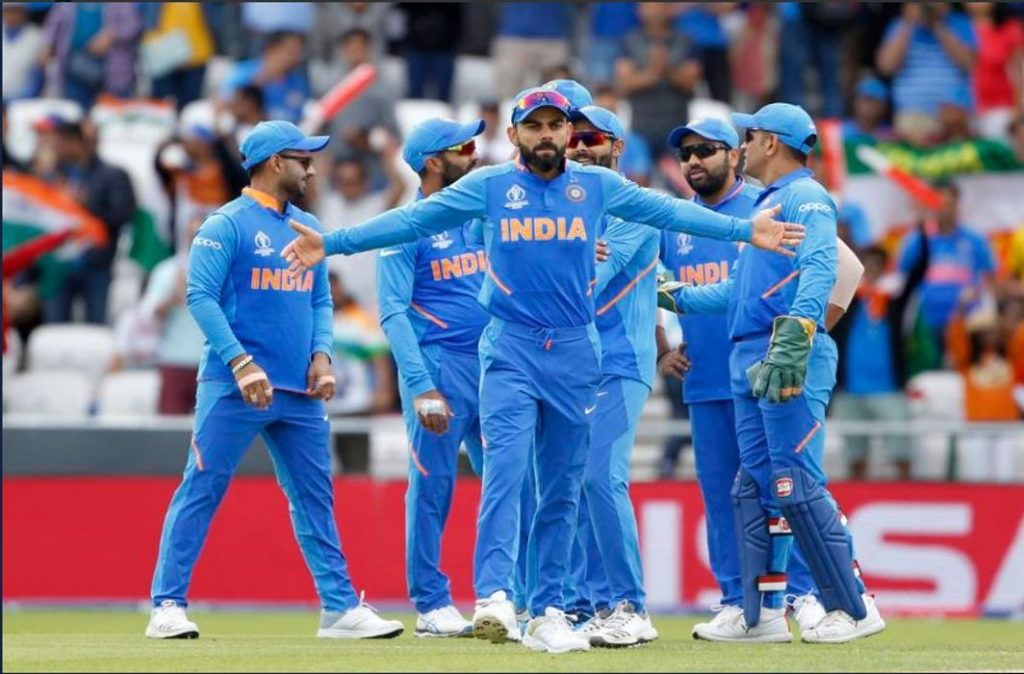
In fact, there are historical precedents for such kind of collations, the most prominent of which are the 1936 Berlin Olympics (leveraged by Adolf Hitler) and the two football World Cups won by the Italian national team in 1934 and 1938 (exploited by Benito Mussolini)- all, curiously, examples from political systems that became decisively fascist. The bottom line is that sporting excellence cannot be reduced to communal parameters or hailed as an outgrowth of a putatively effective political incumbency. While it would be naïve to expect the Prime Minister of India campaigning for votes by invoking the accomplishments of India’s cricket team (as he had invoked the heroics of India’s Armed Forces), more subtle forms of parallelism are likely to emerge between sports and politics as part of a fissiparous rhetoric against which we must take adequate protection.
Stars on the fence
The role of sports in nation-building is not limited to the fundamental tenets of the sports or the lessons that legions of sports lovers derive from them. It also extends to the athletes themselves, more so in their performance as citizens rather than their achievements as sportspersons. When an athlete rises to a certain standing on the twin shoulders of effort and fame, they exercise certain clout over the citizenry, a privilege beyond the reach of most of us. Thus, when the likes of Sachin Tendulkar, whose status as the “God of cricket” is not just a product of his incredible sporting ability, but also the result of social dynamics that are rooted deeply in Indian culture- choose to remain silent on the CAA-NRC debate (more so as a former member of Parliament), he does a disservice to the enormous traction the nation has helped generate for him.
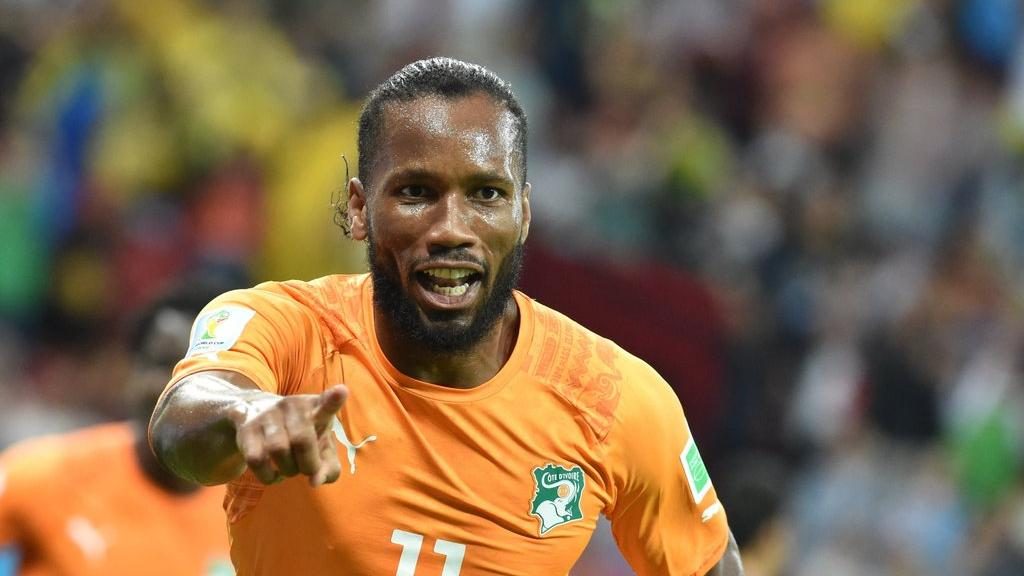
Indian sportspeople of repute cannot altogether relinquish their part as spokespersons for society (whether involved in politics or otherwise) when their careers are founded in the very public domain they are so reluctant to defend. In 2006, African footballer Didier Drogba had almost single-handedly (with his words and actions) ended the civil war ravaging his native Ivory Coast. Surely, demanding our star athletes to take a stand on the unrelenting political travesty is not asking for too much.
Also read: The country deserves a better class of role models
The road ahead
In 1911, a group of unheralded Indian footballers from an inchoate entity called Mohun Bagan had trumped their far more resourceful and seemingly invincible British counterparts from the East Yorkshire regiment 2-1 in the IFA Shield final. Their monumental victory has, over time, acquired epochal patriotic distinction, proving that with determination and dedication, the apparently impossible can be realised.
The task of the Indian populace in tackling a regime intent on demolishing India’s founding principles is, similarly, a case of David versus Goliath, an undertaking that requires the retention of remarkable resolve if it is to prolong its united front. In the days and months and years that lie ahead, in the chaos and the turbulence of shutdowns and censorship, in the apathetic fear-mongering and gaslighting of innocents, in the battle for India’s identity, those that endeavour to challenge, question, and fight, shall find the corridors of sports perennially open- encouraging them, empowering them, embracing them. It is this spirit of sports that shall be one of India’s leading lights in the darkness of divisive days. Hum khelenge, hum dekhenge!
Views expressed in the article are of the author and not that of the organisation.






